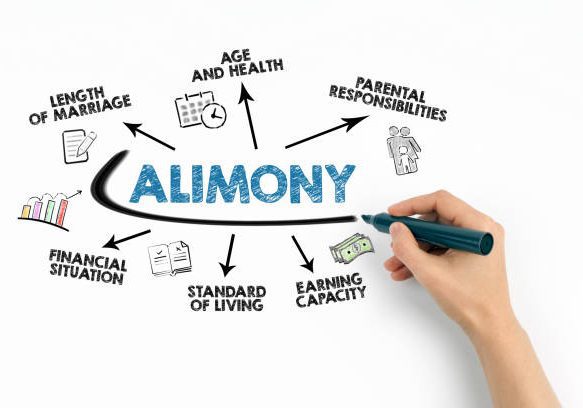Enforcement of Child Support in Illinois: Mechanisms and Penalties for Non-Payment

Enforcing child support orders is crucial to ensuring that children receive the financial support they need for their upbringing. In Illinois, various mechanisms and penalties are designed to compel compliance with child support orders. This blog discusses the primary methods used to enforce these orders and the consequences faced by those who fail to comply.
Legal Framework for Child Support Enforcement
The Illinois Department of Healthcare and Family Services (HFS) Division of Child Support Services (DCSS) is primarily responsible for enforcing child support orders. Enforcement measures can be activated once a child support order is established and the non-custodial parent fails to make timely payments.
Mechanisms for Enforcing Child Support
1. Income Withholding Orders
The most common enforcement tool is an income withholding order. Employers are required to deduct the specified child support amount from the non-custodial parent’s paycheck. This method is effective because it automates the payment process and reduces the possibility of missed payments.
2. Interception of Tax Refunds
Non-custodial parents who are delinquent in their child support payments may have their federal and state tax refunds intercepted. This is particularly impactful as it can cover significant amounts of unpaid child support.
3. License Suspensions
The state has the authority to suspend or revoke various licenses, including driver’s licenses, professional licenses (such as medical or law licenses), and recreational licenses for activities like hunting or fishing. This serves as a strong incentive for compliance with child support orders.
4. Property Liens
The DCSS can place liens on the personal and real property of delinquent payors. This means that the property cannot be sold without first clearing the child support arrears.
5. Credit Bureau Reporting
Non-payment of child support can be reported to credit bureaus. This can severely affect a person’s credit rating, impacting their ability to obtain loans, credit cards, and even housing.
6. Bank Levies
The state can issue levies against bank accounts, allowing them to seize funds equal to the amount of back-due child support.
Penalties for Non-Payment
Failure to pay child support can lead to severe penalties beyond the enforcement mechanisms mentioned above. These include:
- Contempt of Court: A non-custodial parent who fails to comply with a child support order may be found in contempt of court. This can result in fines and even jail time.
- Passport Denials: The U.S. State Department can deny the issuance or renewal of a passport to anyone who owes more than $2,500 in child support.
- Criminal Charges: In extreme cases, non-payment can result in criminal prosecution under state law or the federal Deadbeat Parents Punishment Act, which may include imprisonment.
Conclusion
Illinois employs a robust set of tools and penalties to enforce child support orders. These measures are designed not only to penalize non-compliance but more importantly, to secure the necessary financial support that children legally and rightfully deserve. Parents who find themselves unable to meet their child support obligations should seek legal advice or contact the DCSS for assistance rather than avoiding payments, as this can lead to more severe consequences.
By understanding and utilizing these enforcement mechanisms, Illinois strengthens the support system for children and ensures that parental responsibilities are not ignored. This system of enforcement helps maintain a standard of living for children that they might not have access to otherwise, which is crucial for their development and well-being.





